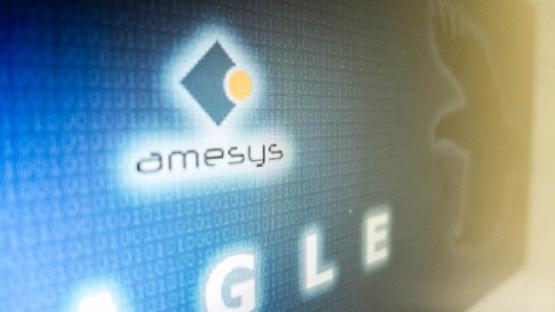Bull quietly offloads controversial surveillance technology after Libya revelations

The social news website MiroirSocial.com confirmed yesterday that the prominent French technology firm Bull SA has sold its controversial mass surveillance "Eagle" system to Stéphane Salies, one of its chief designers and an ex-director of Bull. The surveillance software was previously manufactured and supplied by Bull’s subsidiary, Amesys, a company that is currently the subject of a judicial enquiry in Paris following a legal complaint filed by two human rights organisations, the International Federation for Human Rights and the Human Rights League. It is alleged that the company became complicit in acts of torture by supplying its Eagle surveillance equipment to the Gaddafi regime in Libya.
After manuals bearing the Amesys logo were discovered by journalists from Wall Street Journal in the old regime’s internal security building, Amesys admitted that in 2007 it had contracted with the Libyan government to develop and supply internet surveillance technology that would enable Libyan authorities to intercept the communications of political activists and dissidents on a mass scale.
The judicial investigation was halted in April 2012 by the Paris Prosecutor’s office over concerns that Amesys’ actions would not qualify as criminal acts. However, last week the investigation was bolstered by the admission of five Libyan victims as parties to the complaint, and two days ago the Paris Court of Appeal decided to allow the judicial proceedings to go ahead, a decision welcomed by Privacy International.
It is in light of these proceedings against Amesys that Bull has been trying for the past ten months to rid itself of its maligned Eagle surveillance system. Details about the transaction are unclear, but MiroirSocial has reported that the company employed multiple diversion tactics in an attempt to conceal the identity of the buyer, and successfully gained government authorisation to ward off trade unions during the months of negotiation.
Bull's decision to sell Eagle is presumably part of a PR strategy to mitigate the disastrous impact on the company's public image wrought by recent revelations of complicity in serious human rights abuses. Privacy International believes that Bull should not be able to simply wash its hands of the problem, and should instead take reponsibility for the consequences of developing and exporting such a product to Libya. Instead, a publicly-traded company (withat least a degree of accountability) has offloaded one of its most controversial products onto a (completely unaccountable) private individual. The technology will still most likely be marketed and sold abroad, and Bull will be excused from participating in consultations and actions aimed at limiting the damage done by these dangerous technologies. A sad day for corporate social responsiblity.



